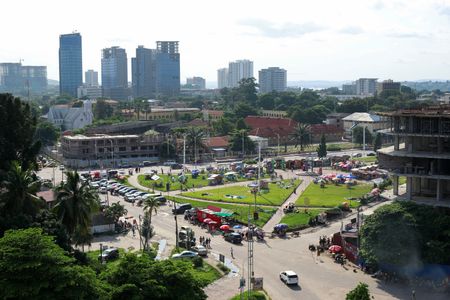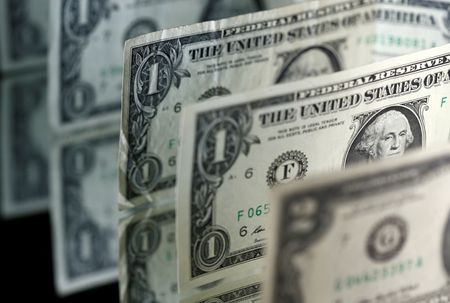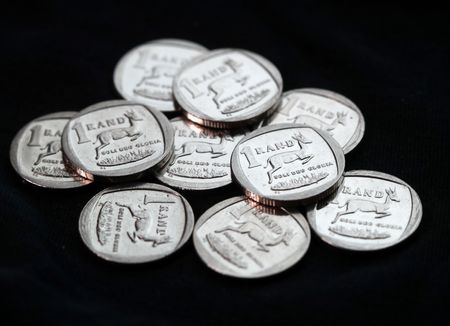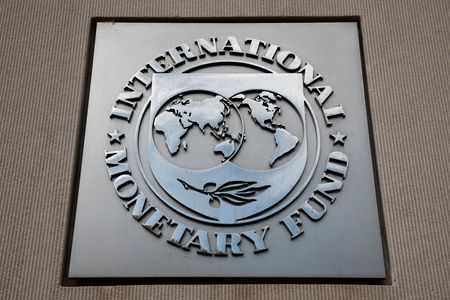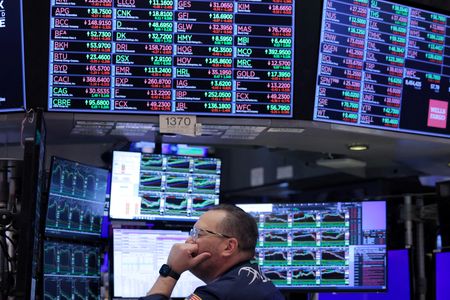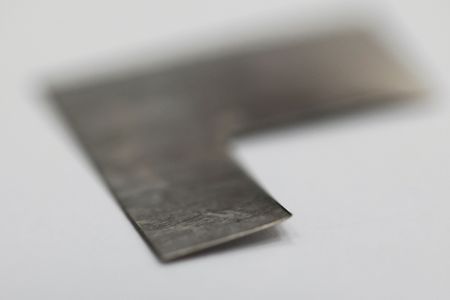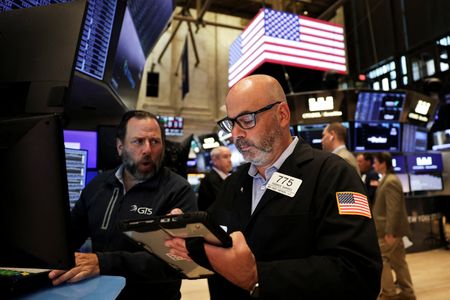By Nqobile Dludla
GQEBERHA South Africa (Reuters) -China’s Chery is in discussion with several automakers in South Africa about sharing plants with them to manufacture its vehicles, the company’s regional head told Reuters.
Chinese automakers seeking global growth have built more car factories in overseas markets to protect themselves as foreign regulators consider imposing measures against imports of Chinese vehicles.
Options that the Chinese company is evaluating include a joint venture, building its own greenfield site or using another manufacturer’s existing facility.
“We are in discussions with several existing OEMs (car manufacturers),” Tony Lui, the CEO of Chery South Africa, said on the sidelines of an automotive conference on Friday. “Greenfield takes a little bit longer.”
Lui said Chery is considering its approach carefully, given potential increases to import tariffs.
The plant may operate as what is known as a complete knocked down facility, which means assembling cars from parts delivered to the site, Lui added.
Chery’s initial product lineup will be its compact Tiggo 4 SUV for local consumption first and then the rest of Africa. It also plans to bring in some of its suppliers from China to help with local content requirements.
“We are interested in the long-term investment in South Africa,” Lui said.
In response to speculation that Mercedes-Benz may allow another automaker to share its South African plant, its outgoing CEO Andreas Brand told Reuters he would not comment on decision-making, but said that the East London manufacturing site had in the past built different brands.
“In the past it was reality, and there is technically no reason not to tap into that again,” Brand said.
South Africa – the continent’s largest car producing nation – launched a plan in 2021 to produce up to 1.4 million vehicles by 2035 from the average 600,000 and increase the content of locally made cars by attracting more producers and suppliers.
Chery’s intent to localise, together with others including Stellantis, could nudge the country closer to the goals in its strategic plan as it grapples with an influx of imported cars.
(Reporting by Nqobile Dludla; editing by Barbara Lewis)



